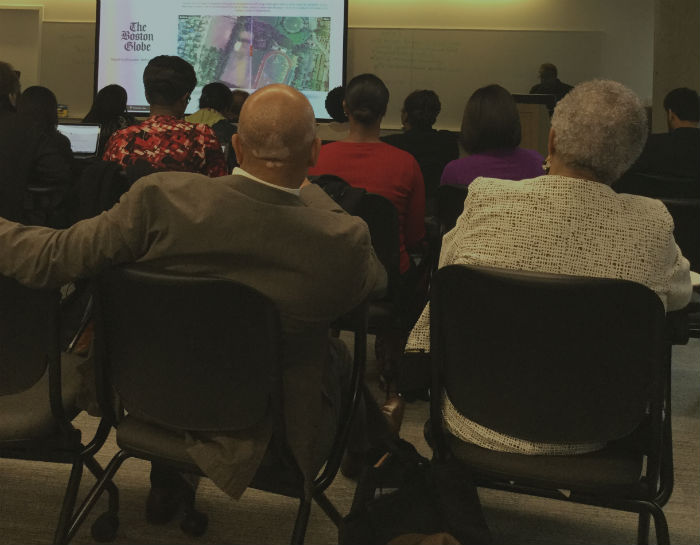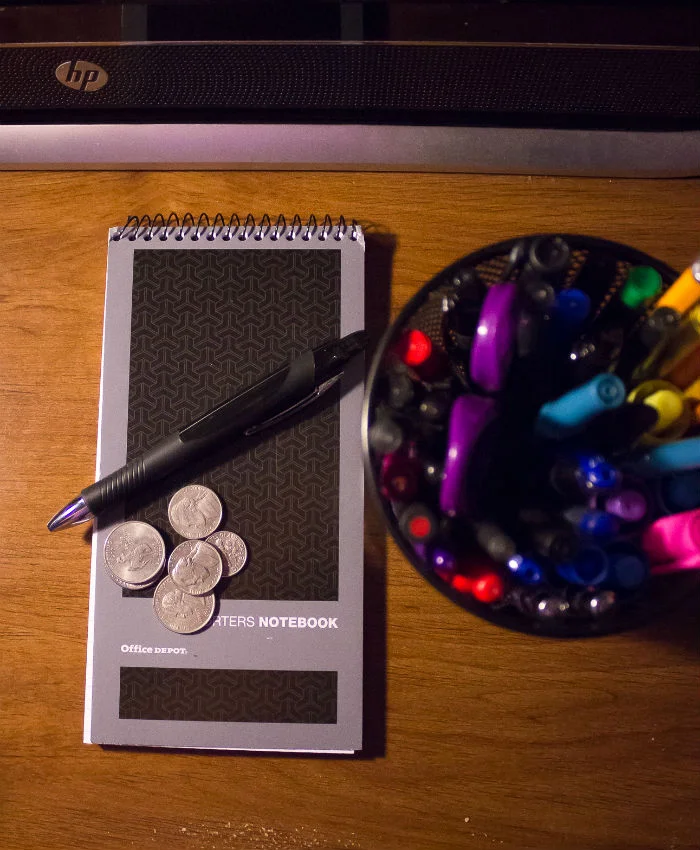Why you must attend journalism conferences
Anyone who knows me well knows that I’m terribly shy. For anyone else, that may come as a surprise. Who chooses a profession where you have to talk to people all the time if you’re mildly afraid of talking to strangers?
As a freelancer, you lack a boss and co-workers, so going to networking events becomes critical for making industry connections and picking up potential clients. Some events also offer the chance to get low-cost training sessions.
So with that in mind, I signed up for the National Association of Black Journalists’ Region II Conference, which ran from Sept. 30 to Oct. 1. I attended the conference on Oct. 1 during which I soaked in information ranging from how to use Google searches better to money mistakes to avoid in the gig economy to covering conflicts in communities of color.
The energy of the conference was electric. After spending the day see journalists who looked like me and told the stories I wanted to tell, I left 303 E. Wacker Dr. with a renewed sense of hope for the industry and a realization that I wasn’t alone after all. (The lack of diversity in journalism has been a problem for years. But at this time in American history, perhaps there is a greater need for journalists of color now more than ever.)
I felt a similar vibe when I attended a Chicago Foundation for women event last month, during which I heard professional women in different industries discuss topics like financial empowerment and race and identity in the workplace.
Here’s why you need to go to a conference whenever you get the opportunity:
You’ll rub elbows with industry peers in a relaxed setting: Usually, you meet reporters and editors either during job interviews or in passing at your internship or job. At a conference, the goal is to glean a lot of information and meet the next great journalists as well as the industry leaders. Take advantage of this. It might help to have a list of people you’d like to meet and look for them during the event. Take business cards to hand out when you introduce yourself. Be your best professional, cool self. I always try to be nice to everyone, because you’ll never know where your next opportunity will come from.
You’ll learn new techniques: I had never considered incorporating virtual reality tools for multimedia reporting, but now I might after attending a panel on it at the NABJ conference. At these sessions, you’ll be exposed to new techniques that at the most will put you ahead o f the curve and at the least will help you keep up with the industry’s technological advancements.
You’ll be inspired: Whenever I see one of my mentors or peers complete a big project or do a great job on a story, I feel emboldened to try the projects that I’ve been afraid to tackle. (I also cheer them on at my desk or send them a note letting them know that I saw and enjoyed the piece). When you go to an industry conference, you’ll see your peers using new technology in their own newsrooms, tackling topics from a fresh perspective and offering first-hand advice on how to address newsroom challenges. Most of my time was spent being in awe of the talent I was surrounded by that day. When I left around 6 p.m., I went home thinking of all the stories I wanted to tackle and what are some of the ways I could execute my reporting and storytelling better. You can’t put a price on that.
The next time you get a chance, go to a journalism industry conference. You'll find potential collaborators or clients. You’ll sharpen your skill set. And most importantly, you’ll be reminded of why you chose to be a storyteller in the first place.





